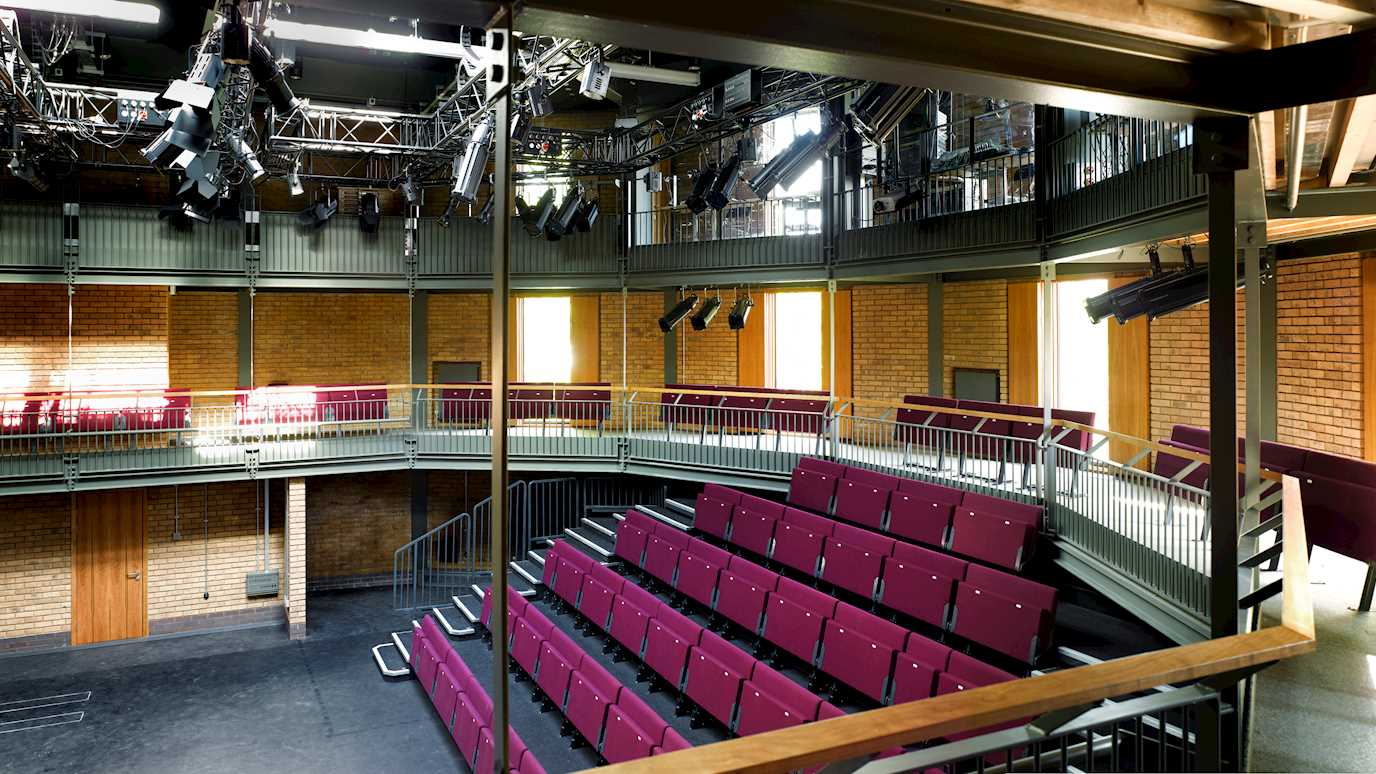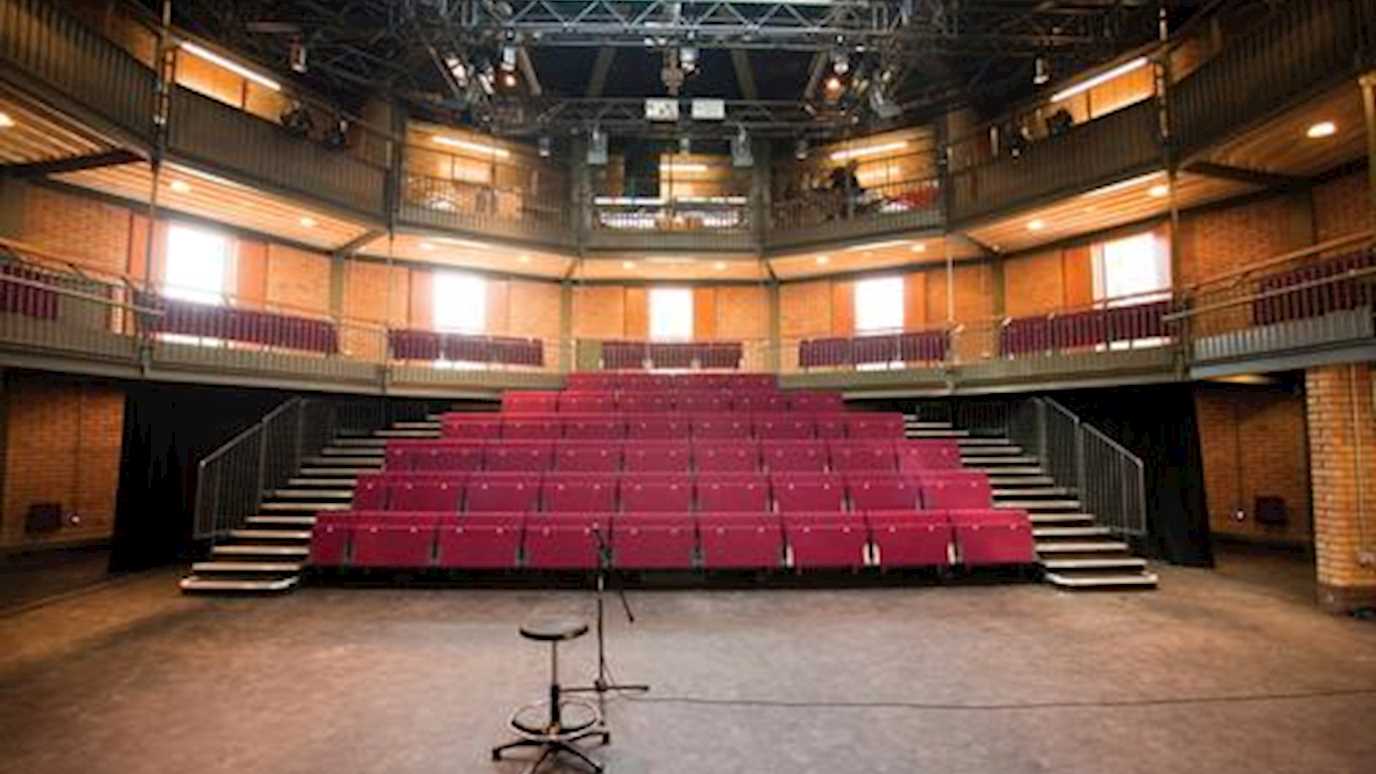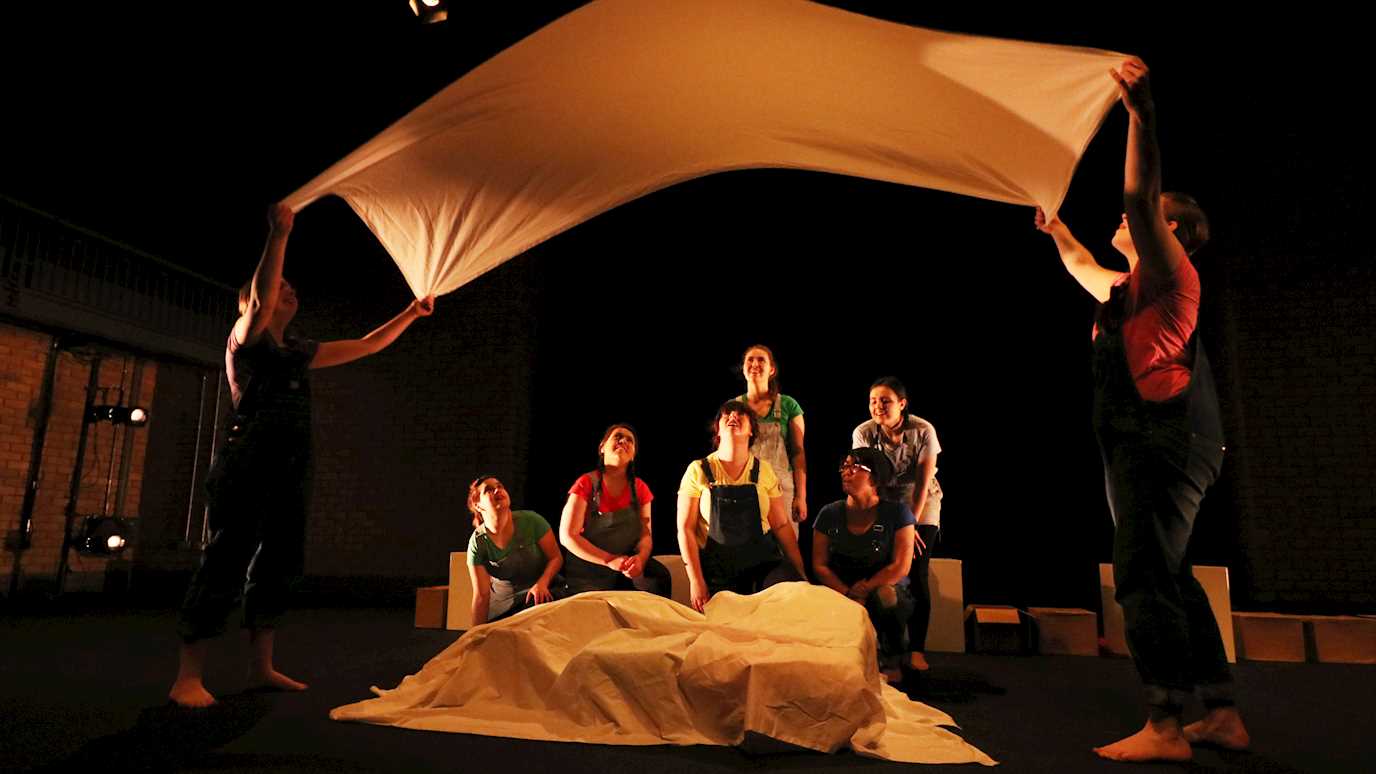This forthcoming issue of Platform considers labour through the creation and aesthetic analysis of theatre and performance. We follow Kathi Weeks’s (2011) contention that the lived experiences of work have thus far received little attention in political and cultural theory and propose that the material and aesthetic space of theatre can illuminate this daily and bodily dimension of work. In theatrical labour, aesthetic considerations link both the practice of making and the practices of performance. Yet, studies of the performance of work have also been critiqued for conflating dimensions of practice and labour (Wikström 2012). With these tensions in mind, this issue aims to examine the various theatres of labour.
In recent years, several scholars have analysed performance as if they stand in for labour practices in post-industrial societies. Unlike other contributions that examine labour and working conditions in the art industries (like Harvie 2013 or Kunst 2015), these scholars look at the stage as an allegory for contemporary working practices and forms of physical, emotional, and cognitive labour. Rather than macro-inspections of the industry and institutions within the field of cultural production, they employ aesthetic analysis to make claims about how, respectively, work is acting on bodies (Hamera 2012), disappearing the producer (Ridout 2012), implicating the recipient of services into the performative nature of the affective economy (Matthews 2017), or reading the (immersive) spectator as a neoliberal subject/worker (Alston 2016). The making and performing of such content also feeds into a discussion of the theatricalising of labour.
Taking our cue from these thinkers, the upcoming issue of Platform asks in what ways and through what methods can theatre function as a site where contemporary working conditions and practices are represented, critiqued, or celebrated? How does this focus on performance allow other kinds of work to be analysed as if they were performance? In short, how do the practices of performance inform an aesthetic reading of labour?
Platform invites contributions from postgraduate and early career researchers, who interrogate this tension between theatre as labour and the labours/practices of theatre.
Contributions may address but are not limited to:
- Performances, theatricalisations, and representations of labour, past and present, present and absent
- The lived experience of labour and its modes of institutional representation
- Labour vs. practice
- Performance as a space, place and/or site of labour
- Emotional, affective, and cognitive forms of labour
- Labour and/or practice as methodology
- Performative labour in/as aesthetic experience
- The dramaturgy, choreography or scenography of labour
- The transformation of visible and invisible forms of labour in practice
- Academic research in theatre and performance as labour and/or practice
We especially invite research-practitioners to share their work. Along with academic articles, we are also happy to consider new writing, performance writing, photographic essays, performance responses, and other creative works that speak to our themes. We would like to encourage submissions not only from scholars of theatre, performance and dance, but also from those working in literature, politics, philosophy, music, art history, media arts, film studies, cultural studies, geography, and other related disciplines. In addition, we are happy to consider interdisciplinary articles and provocations.
The deadline for submissions is 14 February 2020.
We invite abstracts (500 words) to be submitted to platform-submissions@rhul.ac.uk. Articles published in Platform are usually 4,000 words, though other types of submissions can vary in length. Please keep this in mind when planning your submission. If the abstract is accepted, the deadline for the articles will be 30 April 2020.
Submissions should be original, unpublished work. If required, all images should be appropriately captioned and attributed. We ask that all potential contributors familiarise themselves with our submission guidelines.
With kind regards,
Meg Cunningham and Clio Unger, issue editors
Josephine Leask and Lisa Moravec
Editorial Board



























